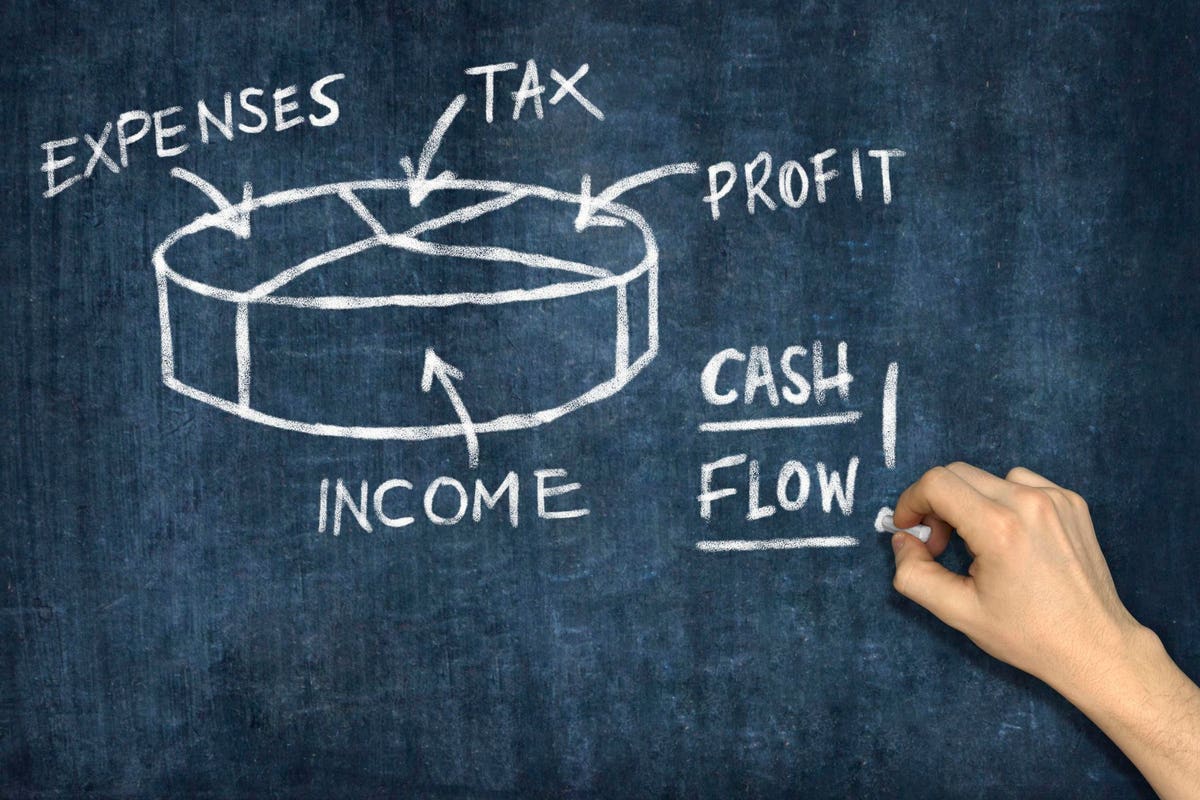Positive cash flow is critical to a successful business. Business owners may understand the importance of generating profits; however, focusing on profit alone may lead to the neglect of cash flow. Operating a profitable business requires understanding the difference between cash flow and profit.
Cash flow and profit are two critical measures of financial performance which businesses must track to survive and thrive but are different in many ways. Understanding these crucial financial aspects will help you operate your business more efficiently, make informed financial decisions, and stay profitable in the long run.
Cash flow and its importance
Cash flow refers to the movement of cash in and out of your business and preventing cash shortages at any time in your business cycle is critical. It is the steady movement of cash in and out of your business that keeps it alive and thriving.
However, preventing cash shortages is also critical to the success of your business because cash shortages can be the death of any business, no matter how successful it may seem on the outside.
The good news is that there are ways to prevent cash shortages and maintain a healthy cash flow. By managing your expenses, increasing your revenue streams, and staying on top of your accounts receivables, you can keep your business running smoothly and ensure that cash shortages never disrupt your operations. Cash flow is the lifeblood of your business, so keep it flowing to enjoy long-term success.
Cash flow is critical for the business’s day-to-day operations, particularly for small businesses. Having a good cash flow enables the business owner to pay for ongoing expenses such as rent, salaries, inventory, and other business expenses. Without cash flow, your business may struggle to cover its daily expenses, leading to cash flow problems and ultimately, business failure.
Profit and its importance
Profit is the income earned from sales after deducting expenses like cost of goods sold, rent, payroll, and other expenses. Profitability is a vital concern for all businesses, providing a measure of the business’s overall success. Increasing revenue and profit enables the business owner to grow and expand the business, making it more resilient to economic challenges.
You likely understand that profit and cash flow are two crucial components of a successful operation. While profit represents the money your business earns after all expenses are paid, cash flow refers to the actual cash coming in and out of your business.
It’s important to note that profit affects cash flow directly and can either bolster or diminish your cash levels. Put simply, if your business isn’t profitable, it will eat away at your cash levels and potentially leave you with a cash flow deficit. Therefore, it’s crucial to prioritize profitability in your business strategy to maintain healthy cash flow levels and ensure long-term success.
However, an increase in profits may not always translate to good cash flow. For example, if you have made sales to customers who have not yet paid you for the goods, this does not mean that your cash flow is healthy. Thus, the focus on profitability must always be balanced with cash flow monitoring.
Monitoring cash flow and profit
Monitoring your business’s cash flow and profitability helps you keep track of your finances and make informed business decisions. Cash flow projections allow you to anticipate any future cash shortfalls and plan accordingly.
On the other hand, profitability monitoring enables you to calculate your return on investment, track revenue growth, and identify areas of the business that may be underperforming. Monitoring cash flow and profitability together will help you prioritize your spending decisions and identify areas of the business that may need attention.
The bottom line is that understanding the difference between cash flow and profit is critical for any business owner. While both measures are interrelated, they are distinct financial indicators that measure different aspects of a business’s operations. While profitability enables the business owner to grow and expand the business, having good cash flow helps the business survive and thrive. Monitoring cash flow and profitability helps the business owner make informed financial decisions to keep the business healthy and profitable.
Read the full article here





